
Baby’s muscle development
Key points: Muscle tone is an important factor in a baby’s physical development and affects milestones like sitting, standing, and walking. Babies have…
Discover the key milestones of physical, cognitive, linguistic and socio-affective child development and understand the science behind child development.
Discover the key milestones of physical, cognitive, linguistic and socio-affective child development and understand the science behind child development.

Key points: Muscle tone is an important factor in a baby’s physical development and affects milestones like sitting, standing, and walking. Babies have…

Key points: Holding objects while walking can actually improve a child’s balance, contrary to what one might think. A study showed that 90%…

Key points: Jumping is an important gross motor skill that children can develop through different activities that focus on muscle strength, balance, proprioception,…
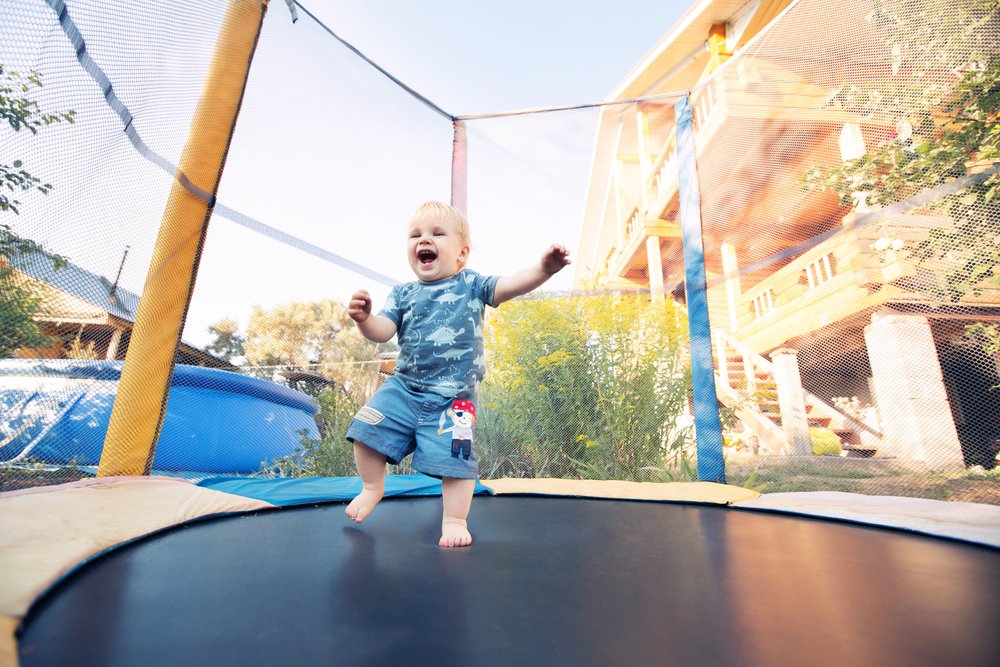
Key points: Jumping is a significant task for toddlers that requires courage, balance, strength, and body coordination. Toddlers typically start testing their ability…

Key points: Babies typically begin walking between the ages of 9 and 18 months, but all babies develop at their own pace. Certain…
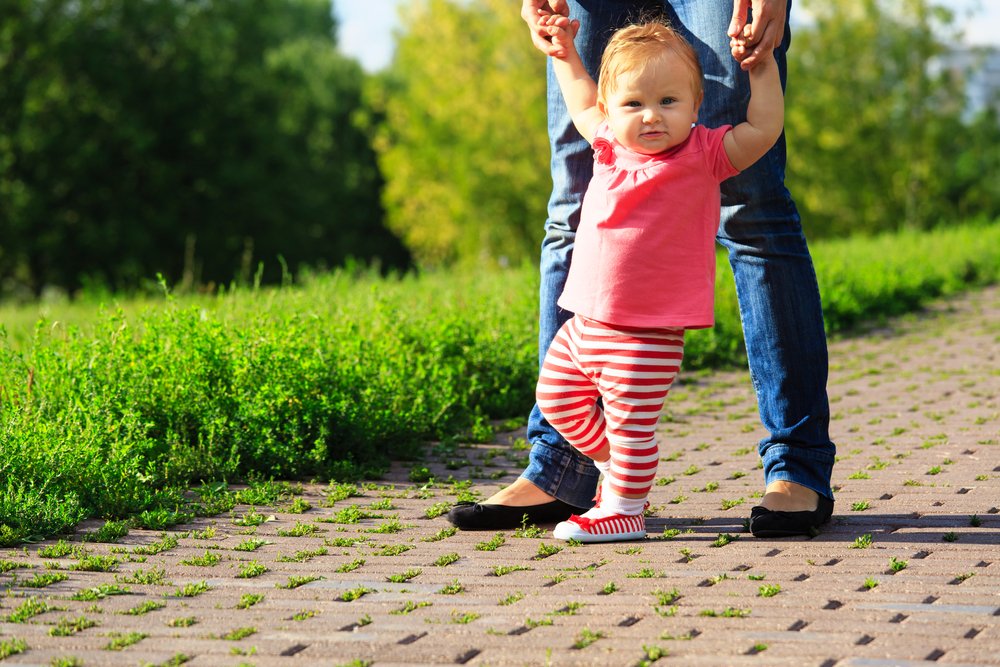
Key points: Walking is a major developmental milestone for a child. Preceding walking, skills like supine kicking and pulling up are crucial. Walking…

Key points: Newborns have natural survival reflexes and limited control over their movements. Babies initially keep their hands clenched in fists, a reflex…

Understanding percentile curves and how they are created will help you understand your child’s growth patterns.

Just when you’ve gotten the hang of parenting a baby, your little one turns into a toddler and you’re faced with new challenges…

Key points: Tummy time is critical not only for physical development but also for brain development. The brain stem, which is crucial for…

Key points: Development is not a linear process, but rather a complex and multifaceted journey. Early childhood development is domain-specific, with each area…
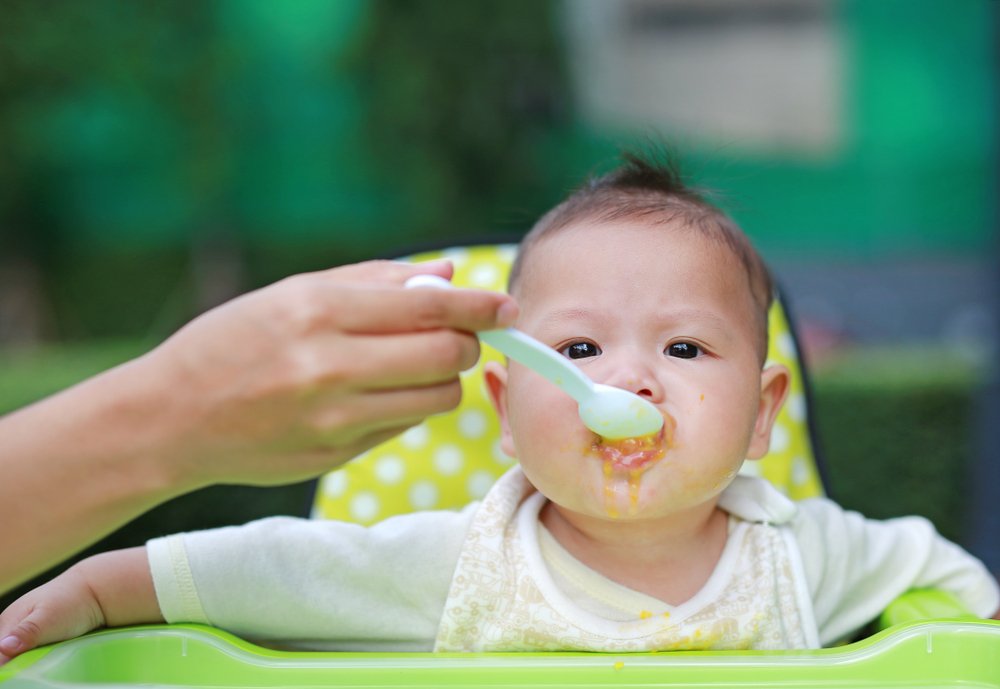
Key points: Taste is a complex sense influenced by various factors like texture, smell, and appearance of food. Taste buds begin forming in…

All parents, specially first-timers, are eager for information that will help them make sure their children are having a satisfactory development. Although every…
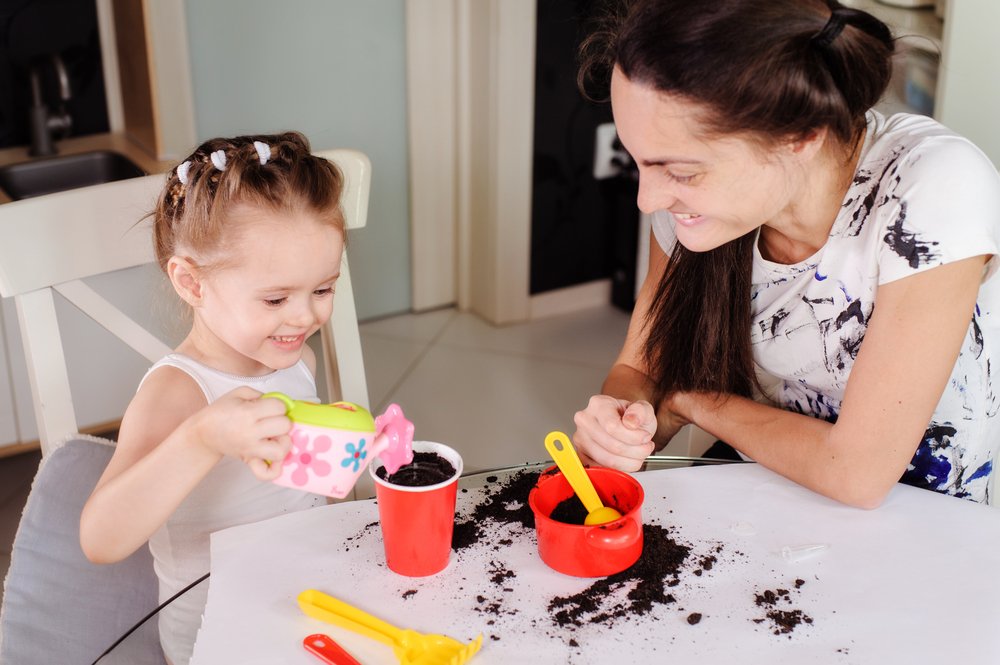
Key points: School break activities are vital for stimulating and entertaining your child. Tips include maintaining a schedule, planning daily activities, organizing playdates,…

Key points: The first six months of a baby’s life is a crucial period for motor development. Parents can foster motor development by…

Key points:1. Children’s language development progresses in distinct stages during the first few years.2. Babies start with vowel and guttural sounds, then focus…
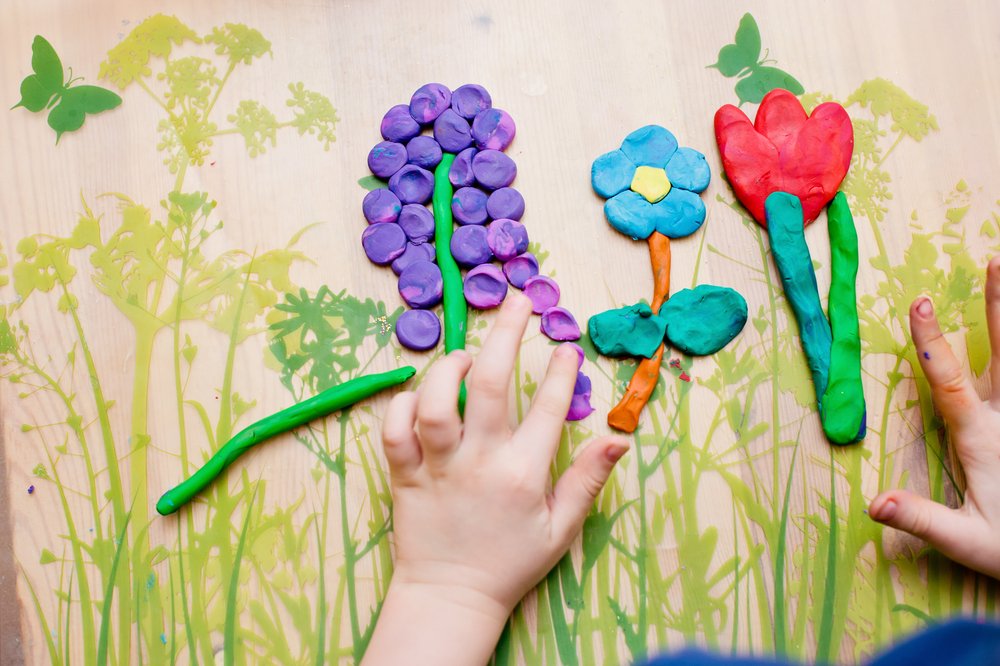
Key points: Hand preference or dominance emerges between 2 and 4 years of age in most children. Hand preference stabilizes at around 18…
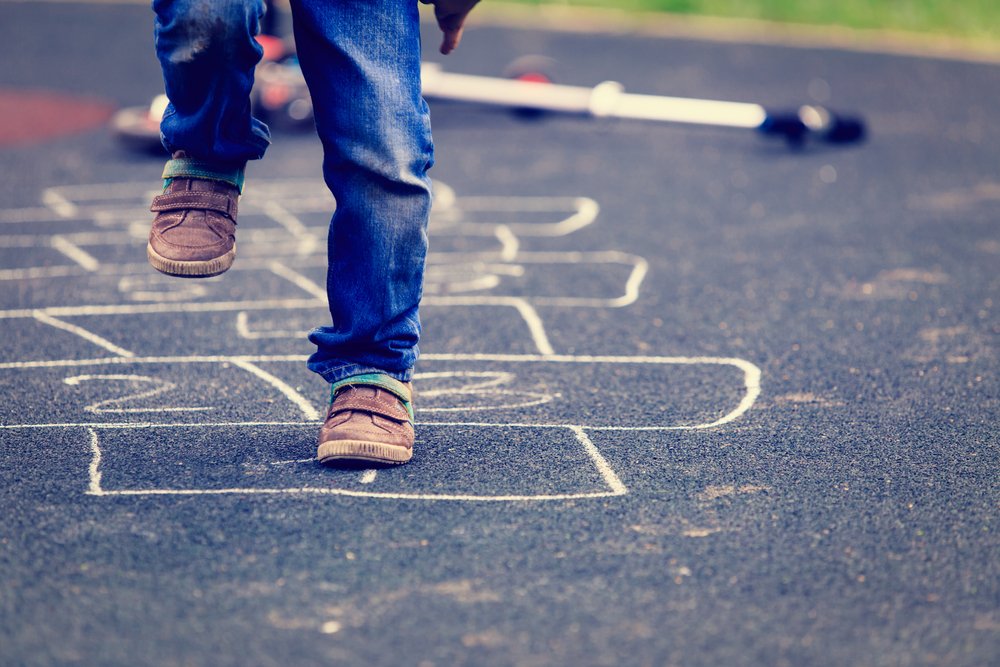
Key points: Physical development includes gross and fine motor skills, involving large and small muscle movements. Milestones like crawling and scribbling indicate your…

Key points: Object manipulation in early development is crucial for later language, communication, and gestural skills. Exploration of objects is linked to vocabulary…
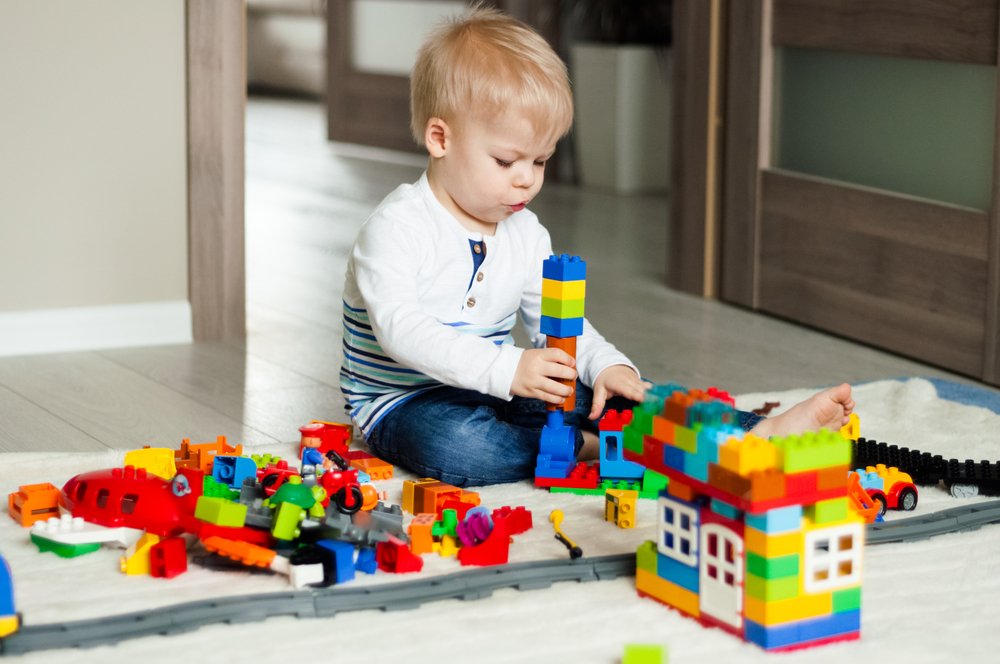
Key points: Your child’s manipulative skills involve using objects to complete tasks and are essential for understanding the world. They progress from grasping…

Key points: Around 34 months, your child starts holding crayons with a more mature grip, preparing for writing. They plan their drawings, love…